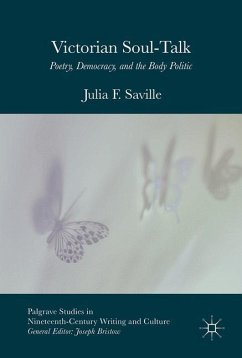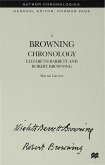This book explores the decades between the Reform Acts of 1832 and 1884 when British poets such as Elizabeth Barrett Browning, Arthur Hugh Clough, Robert Browning, and Algernon Charles Swinburne, along with their transatlantic contemporary Walt Whitman, defended the civil rights of disenfranchised souls as Western nations slowly evolved toward modern democracies with shared transnational connections. For in the decades before the new science of psychology transformed the soul into the psyche, poets claimed the spiritual well-being of the body politic as their special moral responsibility. Exploiting the rich aesthetic potential of language, they created poetry with striking sensory appeal to make their readers experience the complex effects of political decisions on public spirit. Within contexts such as Risorgimento Italy, Civil War America, and Second Empire France, these poets spoke from their souls to the souls of their readers to reveal insights that eluded the prosaic formsof fiction, essay, and journalism.
Bitte wählen Sie Ihr Anliegen aus.
Rechnungen
Retourenschein anfordern
Bestellstatus
Storno








